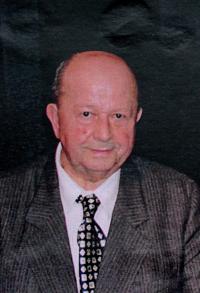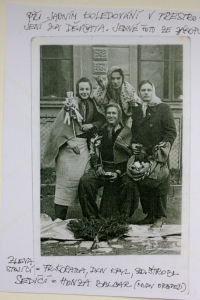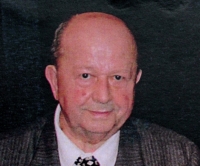He lost eight teeth because of twenty rubles
František Koraba was born on March 29, 1928 in Nový Hrozenkov in the Vsetín region. He spent his childhood until 1938 in Košťany near Teplice, and after the occupation of the Sudetenland, their family lived in Poděbrady. At the beginning of 1945 he had to start forced labor - digging trenches. He traveled with other pioneers to Bukovany near Olomouc. Zdeněk Štróbl who was a year older than the witness became his faithful friend, with whom they planned a runaway and fled together. On the evening of April 13, 1945, they fled to Olomouc, from where a railway worker was to arrange their journey by train. On the way to Olomouc, they were stopped by a German patrol. After being detained, they were first imprisoned in a nearby fortification, and then taken to the Gestapo building in Olomouc. During the interrogation, the investigators found out that the witness had 20 rubles, and because of that, he allegedly lost eight teeth at that time. He managed to escape from prison to the nearby Příkazy, where the witness was wounded. After his recovery, he went back to Poděbrady with his friend Zdeněk. The witness’s parents, meanwhile, believed that their son had been executed in Brno by the Gestapo. František Koraba lived in Poděbrady at the time of filming the interview (2014).


